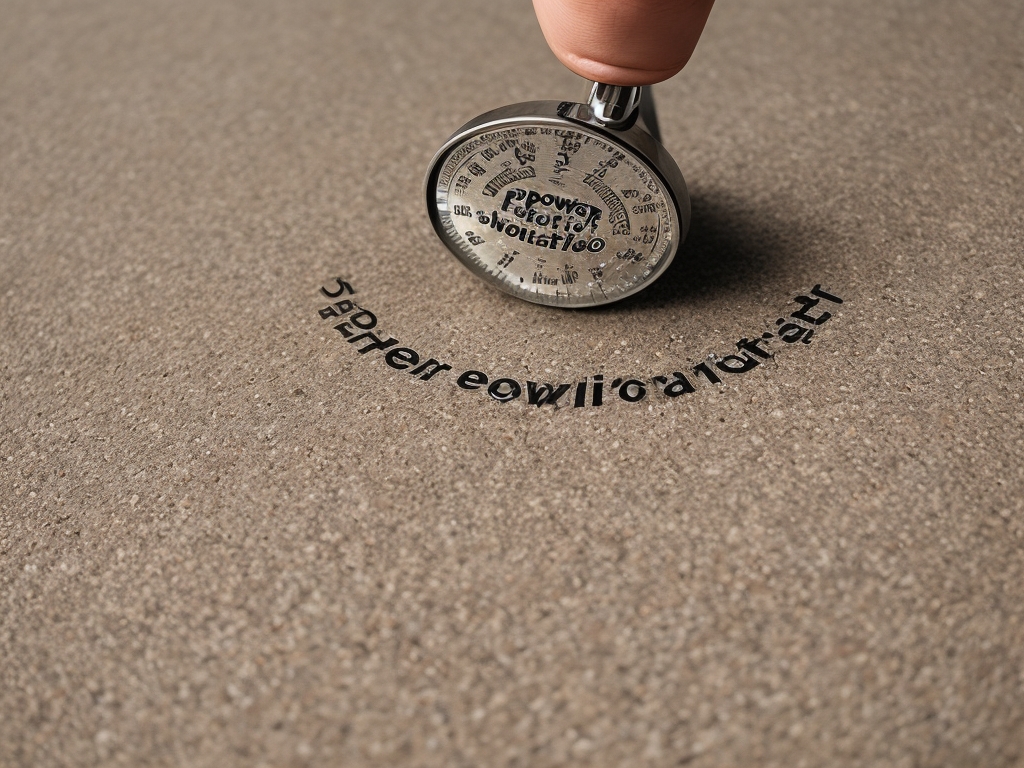Introduction
Self-evaluation is a reflective process through which individuals assess their own skills, performance, behaviors, and personal development. It is a fundamental tool for personal growth, self-improvement, and achieving both personal and professional goals. In this article, we will explore the concept of self-evaluation, its importance, the benefits it offers, and practical strategies for effective self-assessment.

What is Self-Evaluation?
Self-evaluation is a self-reflective process where individuals critically examine their thoughts, actions, and accomplishments. It involves assessing one’s strengths, weaknesses, achievements, and areas in need of improvement. Self-evaluation is not about self-criticism but rather a constructive and honest analysis of oneself.
The Importance of Self-Evaluation
- Personal Growth: Self-evaluation is a key driver of personal growth and development. It allows individuals to identify areas where they can improve and set goals for self-improvement.
- Self-Awareness: Self-evaluation enhances self-awareness. It helps individuals better understand their values, beliefs, and motivations, leading to greater self-insight.
- Goal Setting: By evaluating their current status, individuals can set clear and realistic goals. Self-awareness gained through evaluation helps in aligning personal goals with values and priorities.
- Decision Making: Self-evaluation aids in decision-making. It allows individuals to make informed choices based on their self-assessment, ensuring decisions align with their long-term objectives.
- Performance Improvement: In professional settings, self-evaluation is a valuable tool for improving job performance. Employees can identify areas for growth and work on enhancing their skills.
Benefits of Self-Evaluation
- Increased Self-Confidence: Recognizing one’s strengths and achievements boosts self-confidence and self-esteem.
- Personal Accountability: Self-evaluation promotes personal accountability, as individuals take ownership of their actions and progress.
- Continuous Learning: Self-evaluation fosters a mindset of continuous learning and adaptation to changing circumstances.
- Effective Communication: Better self-awareness resulting from self-evaluation can lead to improved communication and interpersonal relationships.
- Stress Reduction: By identifying and addressing areas of concern, self-evaluation can reduce stress and anxiety.
Practical Strategies for Self-Evaluation
- Set Clear Goals: Start by defining clear and specific goals for self-evaluation. What areas do you want to assess, and what outcomes do you hope to achieve?
- Regular Reflection: Schedule regular periods of self-reflection. This could be daily, weekly, or monthly, depending on your goals.
- Keep a Journal: Maintain a journal to record your thoughts, feelings, accomplishments, and areas for improvement. This helps track progress over time.
- Seek Feedback: Actively seek feedback from trusted friends, mentors, or colleagues. External input can provide valuable insights.
- Use Self-Assessment Tools: Utilize self-assessment tools and questionnaires designed to measure specific traits or skills.
- Compare with Objectives: Compare your self-assessment with the objectives or goals you’ve set. Are you making progress toward your desired outcomes?
- Adjust and Iterate: Based on your self-evaluation, adjust your strategies and actions as needed. Self-evaluation is an iterative process.
Overcoming Challenges
Self-evaluation can be challenging due to biases, emotions, or resistance to change. To overcome these challenges:
- Be open to constructive criticism and external feedback.
- Practice self-compassion and avoid excessive self-criticism.
- Focus on growth and improvement rather than perfection.
Conclusion
Self-evaluation is a powerful tool for personal growth, self-awareness, and achieving one’s goals. By engaging in regular self-assessment and leveraging the insights gained, individuals can become more self-aware, make informed decisions, and continuously work toward self-improvement. Embracing self-evaluation as a lifelong practice can lead to a more fulfilling and purpose-driven life.
